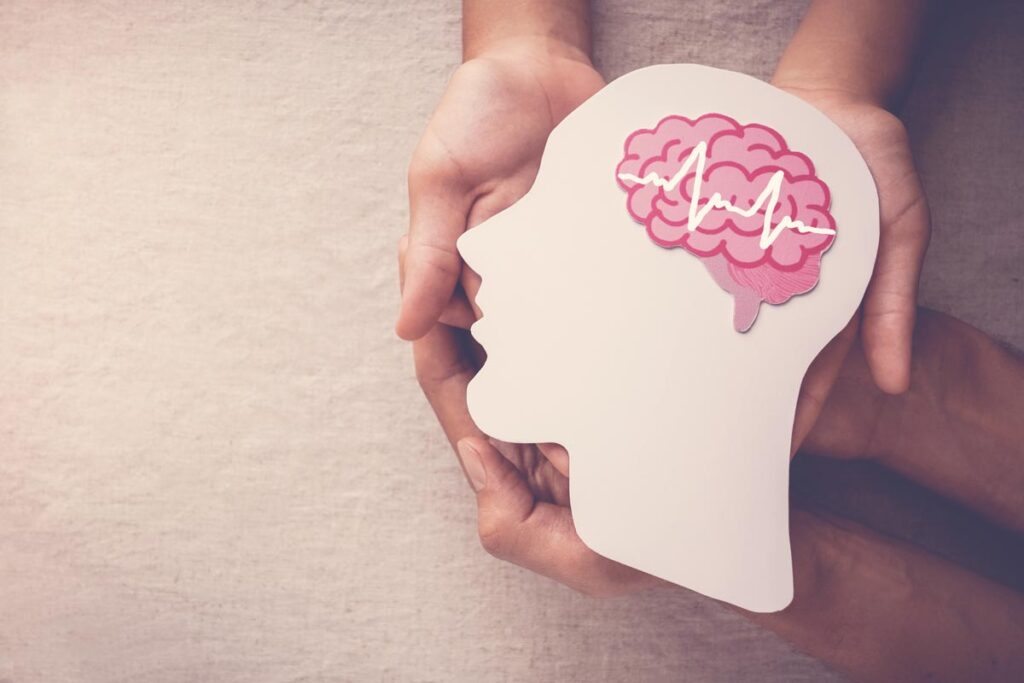Have you ever wondered how drug abuse impacts the brain? When someone develops a substance use disorder, their brain craves a substance. Long-term addiction can result in brain damage and can even be fatal.
The brain responds to addiction based on many factors, such as the type of drug, the frequency, and the stage of addiction. While not all drugs permanently affect brain chemistry, most drugs can cause fundamental changes that affect the individual throughout life.
If you or someone you love requires substance abuse treatment, contact us at 866.931.9312 to learn about our programs.
How Does Drug Abuse Impact the Brain?
Drug abuse has been studied extensively, and the results are staggering. It’s no secret that drugs can damage the brain over time, but how does this really happen?
The answer lies in how the brain processes drugs. When drugs are consumed, they trigger a chemical reaction in the brain that releases dopamine and other neurotransmitters. This creates a feeling of pleasure or reward, reinforcing the behavior and making people crave more of the drug. Over time this can lead to addiction because the individual feels compelled to return to the drug in hopes of feeling that same reward.
In addition to addiction, long-term drug abuse can cause neurotransmitter imbalances and changes in how the brain communicates with itself, which can significantly impact how people think, feel, and behave. These changes can be permanent if not addressed through effective substance abuse treatment.
Your brain is a complex organ responsible for your thoughts, memories, and personality traits. No matter what type of drugs you use, they affect your brain. The changes to your brain can include the following:
- Increased production of dopamine
- Permanent loss of brain function
- Rewarding particular brain cell and chemical systems
- Loss of neurotransmitter binding sites
At Evoke Wellness at Miramar, we understand how difficult it can be to overcome addiction and how drug abuse can damage the brain. We provide comprehensive treatment programs that address addiction and how it affects the brain.
Drug Abuse and Brain Damage
It’s important to note that not all drugs cause permanent brain damage. However, even short-term drug abuse can affect how the brain functions.
Long-term addiction often results in decreased cognitive functioning, impairing how someone thinks, makes decisions, and remembers information. This is because some drugs affect how neurons communicate with each other. This effect can lead to an impaired ability to process new information and make decisions, resulting in poor judgment and increased impulsivity.
In addition, long-term drug abuse can also cause impairments in memory, concentration, coordination, focus, behavior control, movement control, learning abilities, and executive functioning.
Drug addiction can also cause brain damage in the form of structural changes. For example, substance use and abuse damage the nucleus accumbens, which is responsible for how people experience pleasure. It can also shrink the prefrontal cortex, which is responsible for decision-making and impulse control.
The good news is that effective addiction treatment can help reverse some of these changes.
Drug Use Disorder Treatment at Evoke Wellness at Miramar
At Evoke Wellness at Miramar, we specialize in helping people struggling with substance abuse and how it affects the brain. Our team of experienced clinicians uses evidence-based treatment methods to help patients gain control over their addiction and learn how to live a healthier lifestyle.
Some of our programs include the following:
- Cognitive-behavioral therapy (CBT)
- Dialectical behavior therapy (DBT)
- 12-Step Recovery
- Group and individual counseling
- Medication-assisted treatment (MAT)
We can also provide additional services that help our patients get to the root of their addiction, such as trauma therapy, nutrition support, and art therapy.
If you or someone you care about is dealing with how drug addiction impacts the brain, contact us at Evoke Wellness at Miramar to learn more about how we can help. Our experienced clinicians will work with you to create a personalized treatment plan that meets your needs. Contact us at 866.931.9312 today.


